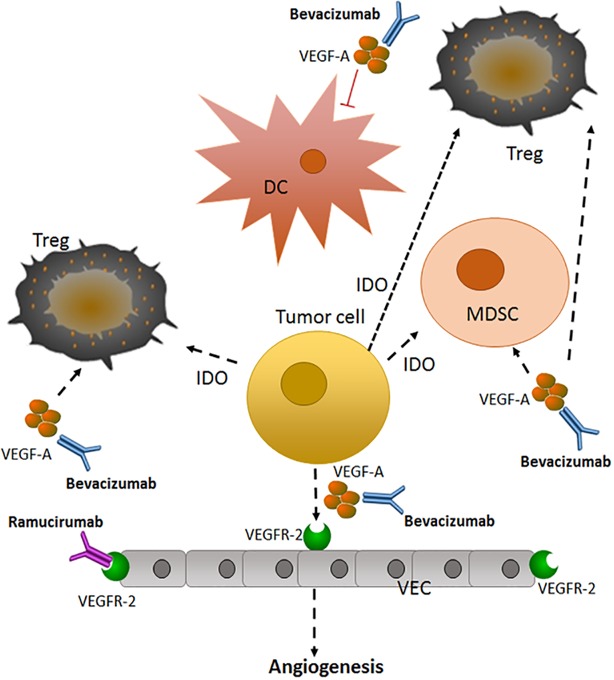Figure 1. Anti-angiogenic therapy in advanced or metastatic NSCLC [81].
Tumor cells can secrete VEGF to promote angiogenesis, a necessary step for tumor growth and metastasis. This secreted VEGF can activate VEGFR-2 on endothelial cells, promoting the growth of new blood vessels, as well as activating signaling pathways in immune cells. Bevacizumab and ramucirumab target VEGF-A and VEGFR-2, respectively, to prevent angiogenesis. VEGF-A, vascular endothelial growth factor A; Treg, T- regulatory cell; DC: dendritic cell; VEC: vascular endothelial cell; IDO, indoleamine 2, 3 -dioxygenase; MDSC, myeloid-derived suppressor cell; VEGFR-2: vascular endothelial growth factor receptor-2.

